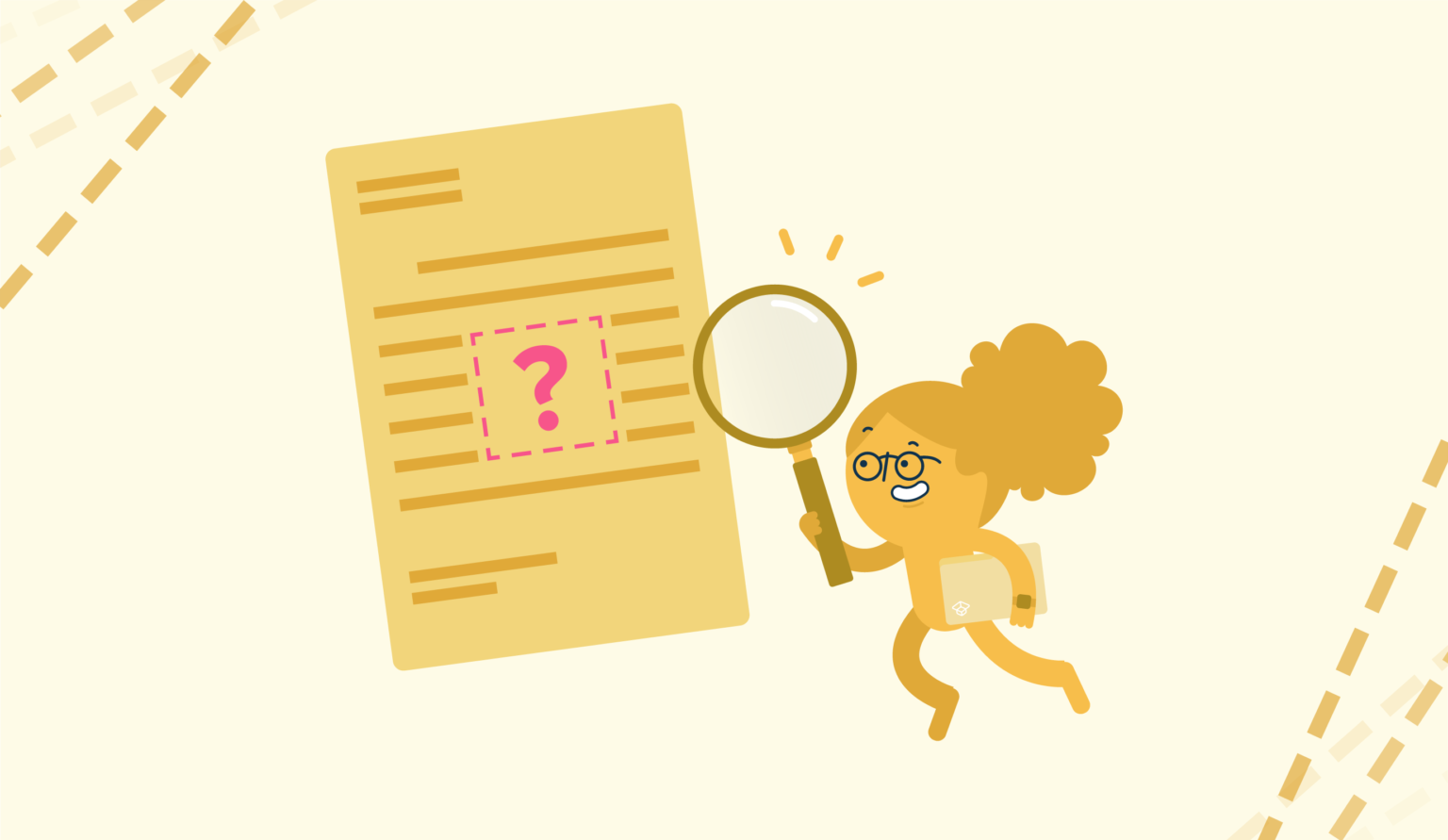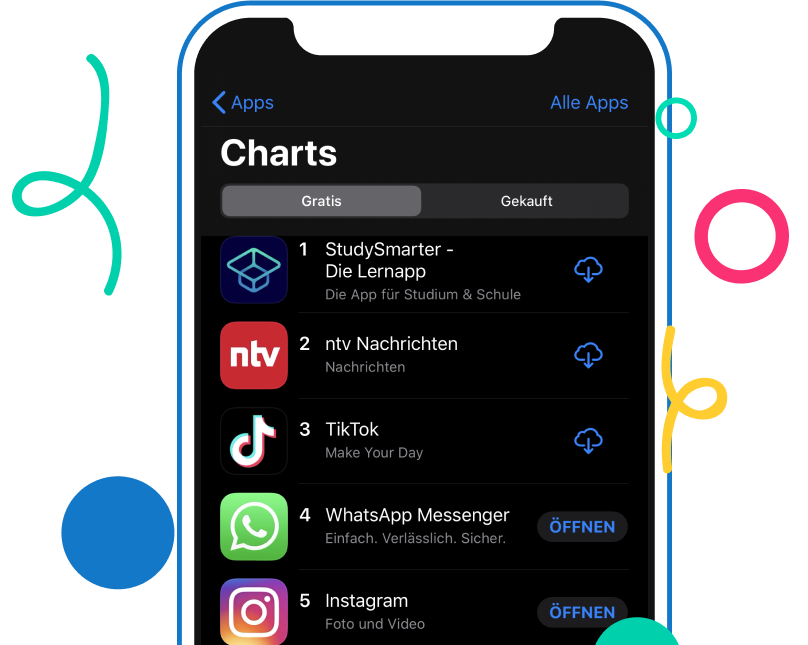Explaining CV Gaps – How Far Should You Go?
Firstly, let’s define career gaps. A career gap is any period of time during which you’re unemployed. There are several reasons why one might decide to take a break from work – illness, parental leave, or simply unemployment. In general, employers and recruiters are understanding when it comes to an occasional gap in your CV, but having a blank space longer than six months may raise some questions – as if interview questions weren’t mean enough to begin with.
While it is perfectly reasonable to expect that there are times people cannot work, being able to explain your CV gaps will make you more likely to be hired. If you cannot provide a plausible explanation, you may come across as unreliable and unable to hold the job down – and there are people like that – which can reduce your chances of being selected.
But how much should you explain? The answer is not entirely straightforward, but you should explain as much as necessary, depending on your personal circumstances. However, regardless of the details you’re providing, you should always follow these guidelines when answering questions about career gaps:
- Be honest. Any lie you say in a job interview can easily be checked and busted. Be frank about why you have a career gap in your CV. If you were fired from your previous job and struggled to find a new one, frame your answer to be forward-looking (e.g. ‘We decided that our ambitions no longer aligned, but I am looking forward to placing my skills at your disposal’).
- Show how you spent your time. In the professional sense, of course. If you took any courses to improve your skills or went back to school, mention these. On the other hand, if you were taking a mental health break, explain what coping skills you’ve acquired and how they’ll help you in your new career.
- Look forward. No matter how bad career gaps may seem, your employer is interested in the future, not only the past. Talk about what your plans for the future in this company are and confirm that the previous gaps are not a concern for your future plans. Remember, the employer is looking for someone reliable, not someone who will quit in a few months.
Now that the basics are out of the way, let’s look at the most common reasons for taking a career break.
CV Gaps Due to Unemployment
Life is unpredictable, and the job market can really be a canine species of the female persuasion. Sometimes it’s difficult to break into the market (especially at the beginning of your career), which can lead to longer periods of unemployment. The same goes for niche professions that may not be as sought after as others, making you wait longer for your ideal job. So, how do you go about these?
Firstly, while you’re unemployed, you should put some effort into preparing to go (back) to work. This can include internships, traineeships, courses, and certifications (this, of course, if you’re able to, illness is a whole different matter). Provide details about those in your interview.
You should also make it known that you’re in demand – it’s better to outline interviews you’ve had with others than to say that nobody wanted to hire you. Don’t lie about your success rates, but do explain why you may have given up on previous offers.
Ultimately, if the job market is tough in your field, your potential employer will be aware of that, and simple explanations will be enough. Don’t get caught up and confused like a kitten in a pile of wool – be prepared to answer unemployment questions, and focus on what you have learnt and the skills that make you an attractive employee at the new place.

CV Gaps Due to Illness
You know what they say: a sick person only has one desire …
The principle applies to any illness that may have prevented you from working for a longer time. The good news is that any reasonable employer will be perfectly happy with a simple statement that you had to take a break to recover from an illness. In case the employer doesn’t seem happy with this, maybe it’s time to look for another company, as any displeasure with people taking time off to deal with health issues signals a corporate red flag.
You are not legally required to provide any specific details of your illness or doctor’s notes, and potential employers don’t actually need such a thing. I would suggest keeping it short and simple should such a question arise in an interview, but you can be as open as you feel comfortable with. You could also add that you’re fully recovered now and that your future employment won’t be affected.
PS If you had to take a break due to someone else’s illness, you can briefly explain that you were taking care of your loved one who is ill. This will be more than enough.
If You Have Gaps in Your CV Due to Mental Illness
You may be worried about how to explain this to your potential boss, but mental illness is like any other illness and should be treated as such: you were ill, and you took a break. End of story.
Don’t feel intimidated by the idea of taking time off to deal with burnout, depression, eating disorders, or any other mental health concern. In fact, you did the responsible thing, which is prioritising health. Any potential employer should appreciate you taking time off rather than sloughing through work at reduced capacity.
If your CV gaps due to mental illness were long ago, chances are that you won’t even be asked about them, as the more recent experiences take precedence in job interviews. If your mental health break was recent, you shouldn’t dwell on the bad – focus on what you’ve done to improve your situation, what coping skills you’ve acquired, and how you are dealing with any potential relapses.
There is no shame in suffering from any mental illness. Life is complicated, fast-paced, and demanding, and several factors can trigger a mental health issue, including one’s genetic setup. Taking care of yourself should always take priority in such cases, be it through counselling, therapy, self-soothing practices, or any other management strategy you find useful.
If asked about it in a job interview, keep your answer simple. Don’t focus solely on the illness but on what you did in the meantime. Lastly, confirm that you are ready to work again and can handle any task that comes your way. Don’t worry too much; the world is crazy, but good employers do have an understanding of these situations.
Other Career Gaps
If you’ve taken a gap year, travelled around, or explored various career paths, you should probably provide some explanation for these should the issue arise. While your life is yours to live and organise how you like, you’ll want to focus on the positive aspects of any longer career break in your job interview.
Talk about what you’ve learnt during your employment gap: what interpersonal and intercultural faculties you’ve amassed during your travels, wisdom you’ve picked up volunteering abroad, or skills you’ve obtained from various professions you’ve tried. Whatever you choose to talk about, always attempt to bring it back to the job you’re applying for. Highlight how all these skills will come in handy at a new workplace. You can even bring up some challenges you’ve faced, explain how you’ve dealt with them, and draw a parallel with what may happen at work.

Blanks in CV – A Gap in Employment Isn’t a Failure
To recap: Career gaps are any breaks you take from your work life. They can happen for any number of reasons and are usually easy to explain. While you may worry about how a potential employer may perceive any CV gaps, chances are they won’t affect your chances of getting a job.
Should you need to explain any career gaps, follow the simple rules:
- Keep it simple.
- Explain briefly (no need to dwell on too many details).
- Show what you’ve done in the meantime and what you’ve learnt from it.
- Demonstrate you are ready to go back to work.
At the end of the day, a gap in your CV is not a gap in your skills. Potential employers will want to know what you can do for them, so when you’re writing your CV, focus on what you have done (not what you haven’t) and any hard and soft skills you possess.
Don’t be ashamed to take a break from work if you need to; your health comes first.
Be frank and courageous about that gap – you will see that it’s actually not that big of a deal!
Good luck!












